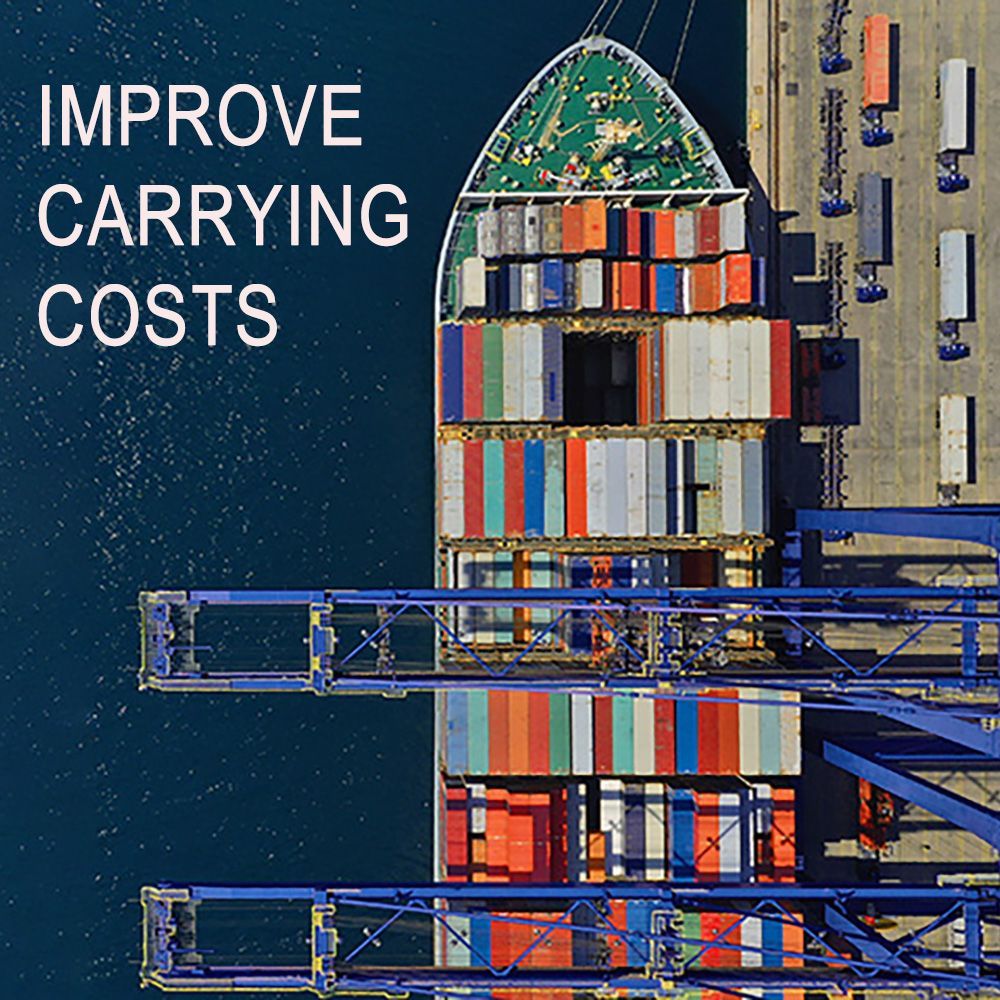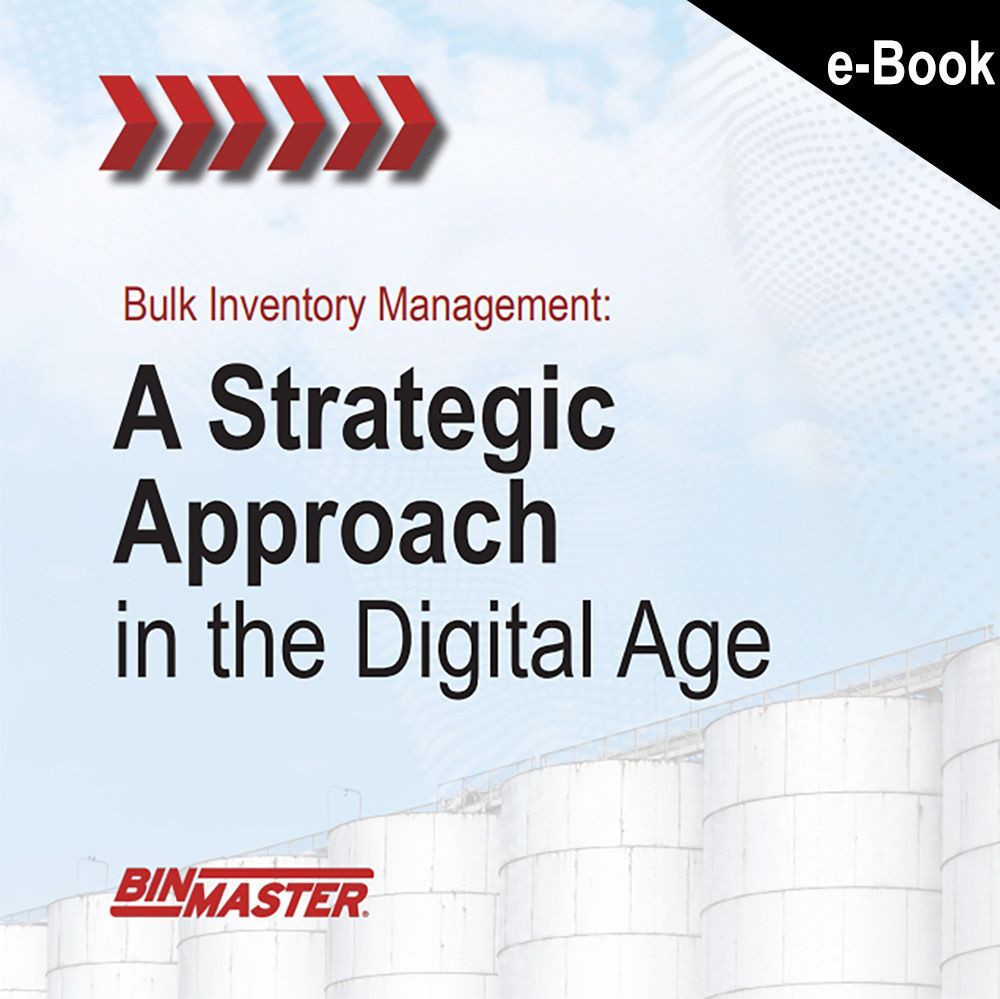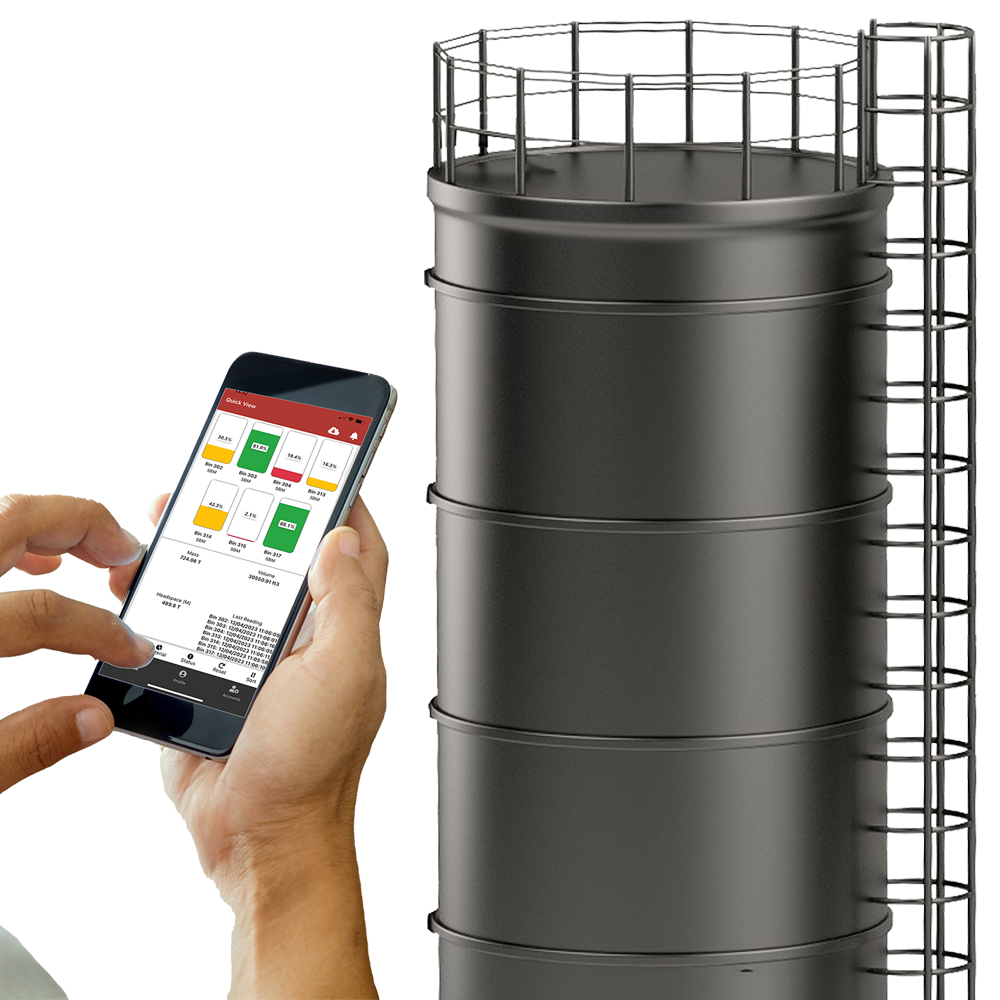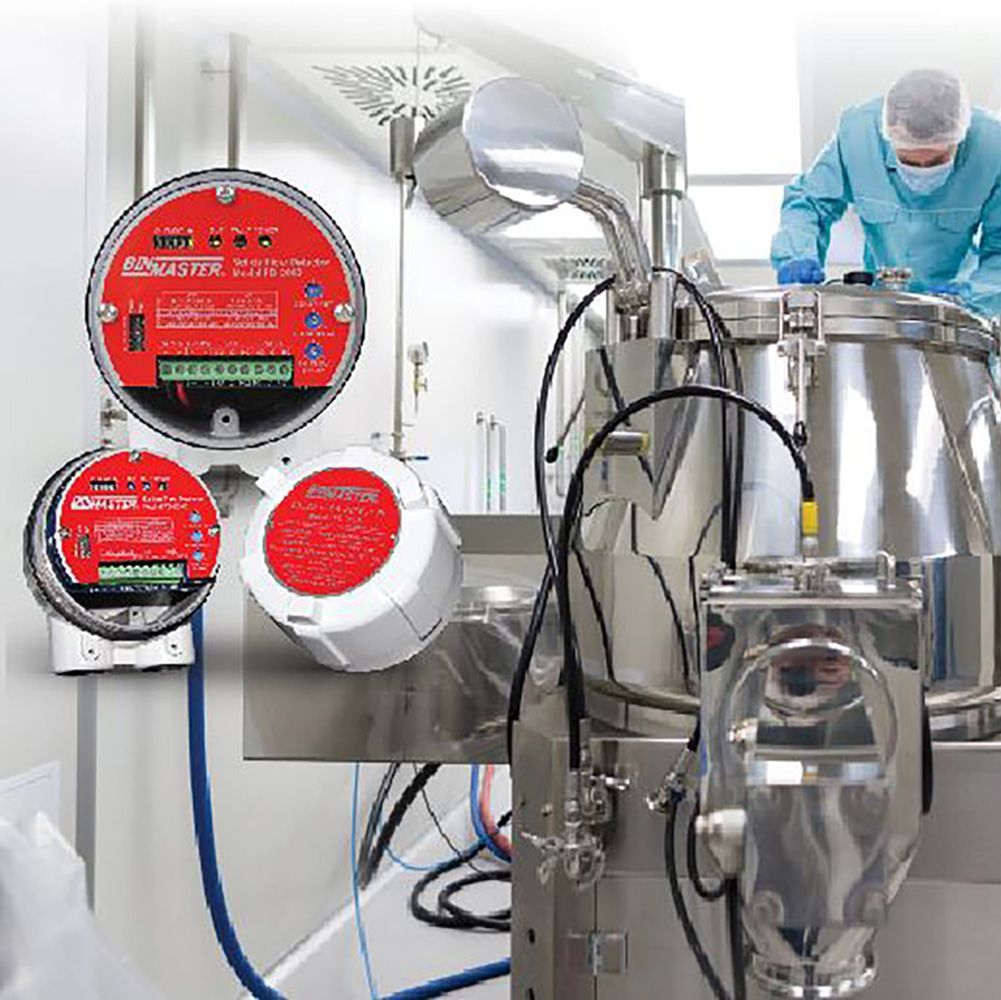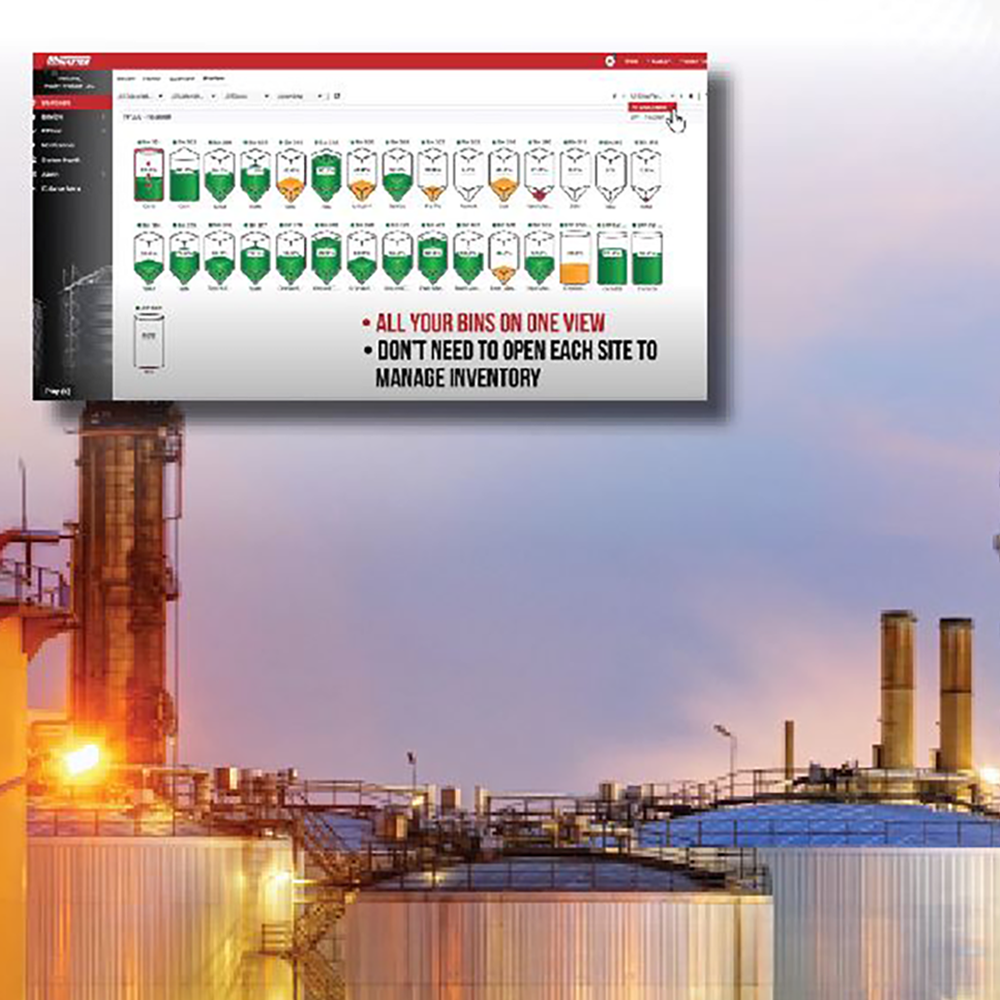Bean Counters Count on BinMaster for Inventory Precision
Accounting professionals and bulk operators grapple with inventory accuracy challenges that impact financial statements and operations planning. Traditional measurement (tapes and spreadsheets) often result in substantial discrepancies.
Precise inventory data plays a pivotal role in several key areas. It ensures financial reports, including balance sheets and income statements, accurately reflect the company’s position.
This accuracy is crucial for tax planning, helping avoid overstated profits that could lead to overpayment of estimated taxes. Correct inventory levels are essential for optimizing working capital management and cash flow, preventing unnecessary purchases. In cost accounting, accurate data provides a clearer understanding of the true costs of goods sold. Learn how BinCloud® provides this valuable accuracy to operators worldwide.


